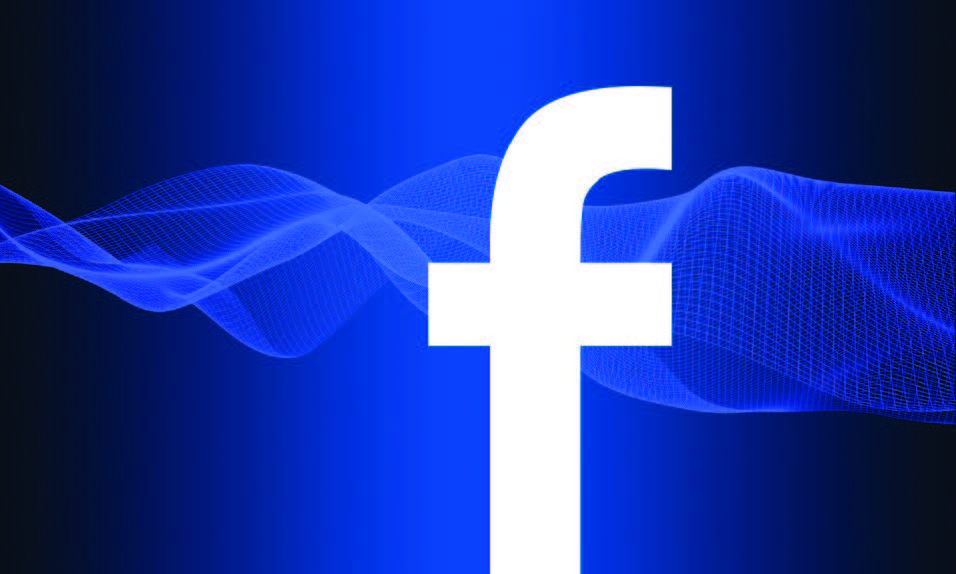
Facebook is making a concerted effort to reach out to religious groups following the pandemic, reports Elizabeth Culliford for Reuters (July 22). A major component of the outreach is a new prayer feature that allows users to request and receive prayer. As early as 2017, CEO Mark Zuckerberg announced that he wanted to create a team focused on “faith partnerships,” and the pandemic gave new urgency to these efforts, culminating in the company holding its first virtual faith summit with religious leaders last month. Outgoing Facebook app head Fidji Simo said that when she “looked at the data of what was taking off during the pandemic, we were seeing. massive growth in the spiritual category.” At the end of May, Facebook made its prayer tool accessible for all U.S. Facebook Groups. The tool is used to make a request for prayer for a particular person or concern, to which people can then reply by clicking a button to say “I prayed,” with their names counted underneath. Users can choose to be notified with a reminder to pray again the next day. The prayer posts are also used to personalize ads on Facebook, as with other content, although advertisers will not be able to directly target ads based on the content of prayers.
While many religious leaders interviewed by Reuters welcomed Facebook’s attention in a year when the pandemic forced faith communities to stay at home, some users cited concerns over the privacy of prayer posts, questioning how their spiritual activities could be exploited. Early in the pandemic, as places of worship closed down, Facebook sent faith groups “starter kits” with equipment like small tripods and phone holders for live-streaming and shooting content. This year it has started up an Interfaith Advisory Council to hold regular meetings with faith leaders and educators, and the company has been picking the brains of organizations already running large online faith platforms, like evangelical megachurch Life Church. The religious turn is seen as beneficial for Facebook, as it faces attacks from global regulators and lawmakers over its track record of failing to curb harmful content. “Connecting the faithful during a global pandemic is the kind of application [Facebook] says it wants to double down on,” writes Culliford.

Source: The Digital Artist – Pixabay license.